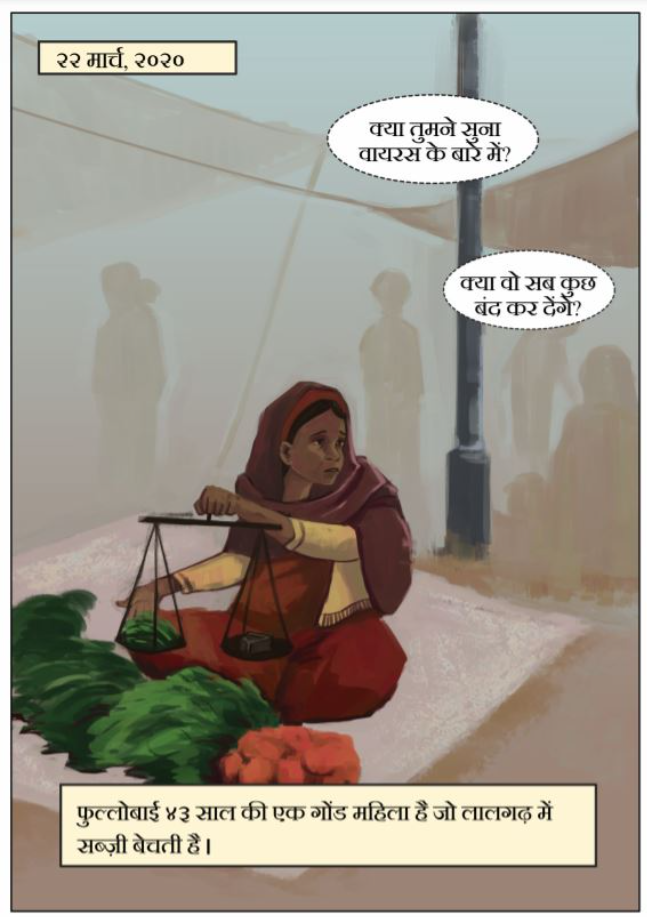The latest news about CPA Project Team!
Policing - General

Nikita Sonavane: Justice For All
“Early on, you realise that you are responding to individual cases but there are really stark patterns in the way people are policed.” - Nikita Sonavane on The Hindu

All Police Accountability Done Right: Learning From India's Denotified Tribes
Once you are born into a caste group, you're only allowed to associate with people belonging to that caste. Any kind of intermixing is a violation. - Nikita Sonavane on Forbes

A Bhopal-Based Project Is Working With Persecuted Denotified Tribes To Bring In Much-Needed Legal Interventions
The CPAProject, besides litigation, will carry out research into the criminal justice processes deployed against these persecuted communities.
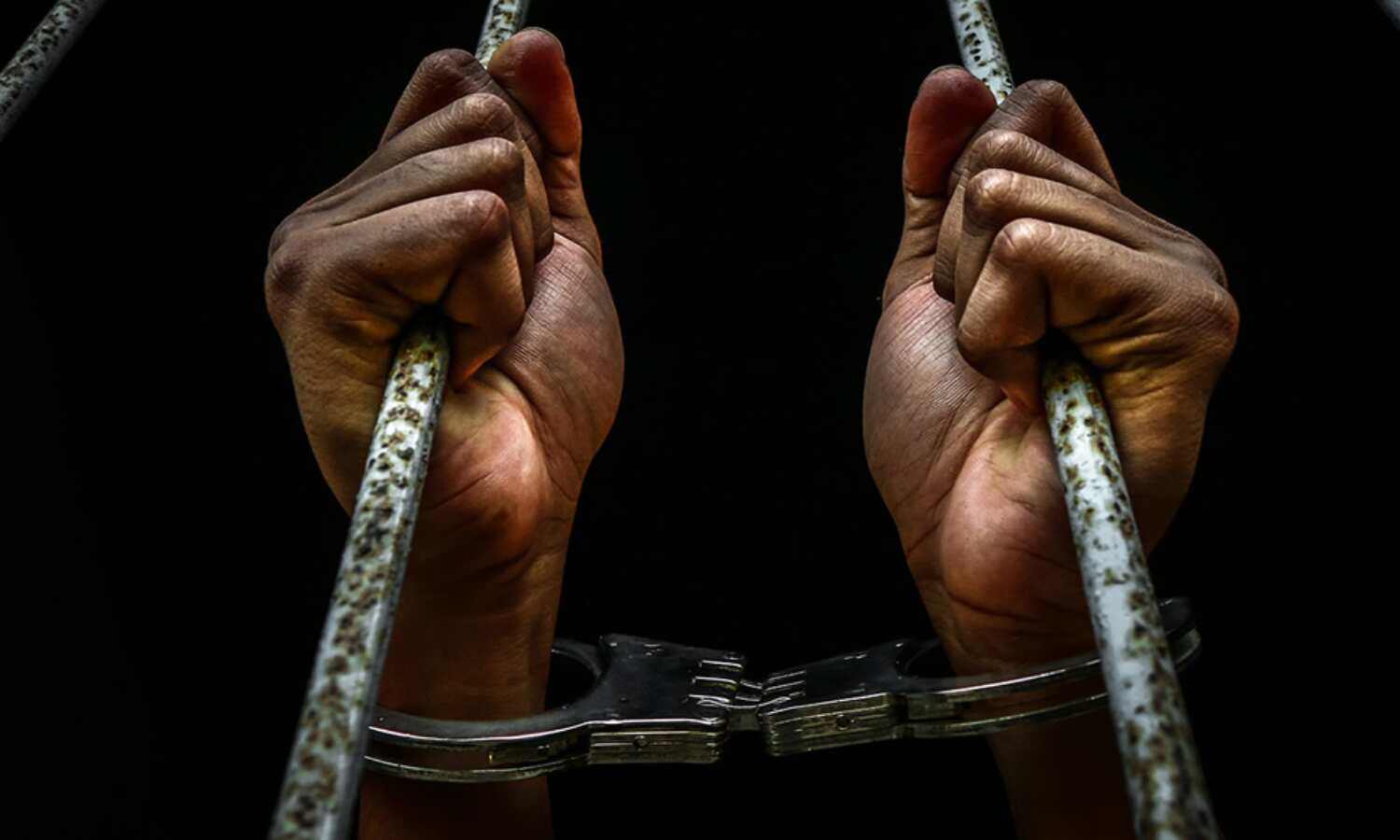
India’s Jail Stats: 7 In 10 Undertrials, 1 In 3 Dalit/Adivasi
“The quality of legal aid and services in this country is abysmal,” said Nikita Sonavane, lawyer and co-founder, Criminal Justice and Police Accountability Project, a Bhopal-based organisation that works with tribal groups stigmatised by the criminal justice system.
Vimukta Diwas

Branding Person To Be Born A Criminal And Treating It As A Hereditary Phenomenon Was Born Out Of Some Wrong Historical Notions: Justice Vishwanathan
In his lecture, Justice Viswanathan mentioned how the Act of 1871 came into being, the surveillance mechanism employed by the colonial state and the underlying rationale and finally how even after 71 years since the act was repealed, the Vimukta community is facing similar persecutions. (Covering Vimukta Diwas Lecture 2023)

Supreme Court Judge S Ravindra Bhat Decries Plight Of Nt-Dnts On Vimukta Day
Supreme Court judge S Ravindra Bhat delivered a lecture on Wednesday, August 31, on the topic of ‘Denotified Tribes and Criminal Justice System’ at an event organised by the CPA Project on the occasion of Vimukta Day, marking 70 years of scrapping of the colonial Criminal Tribes Act, 1871. - Sana Irshad on Satyashodhak (Covering Vimukta Diwas Lecture 2022)

Justice Ravindra S Bhat Highlights Disproportionate Impact Of Criminal Justice System On Denotified Tribes
Highlighting these issues, Justice Ravindra S Bhat said, “States need to take active measures to mitigate these individuals who have no resources in defending themselves in the long drawn out legal processes to secure their release at unaffordable costs. - ANI (Covering Vimukta Diwas Lecture 2022)
Wildlife Policing

India: Forest-Dwelling Communities In The Crosshairs
“In several cases, being charged classifies the person as a ‘habitual offender.’ This means that the Forest Department or the police have a criminal database containing personal information, even for people found not guilty by a court or who have passed away. We found habitual offenders’ registers as old as 20 years containing extensive details on individuals.” — Nikita Sonavane & Sanjana Meshram on Prison Insider

Criminalizing Rights And Policing Futures
The looming climate and biodiversity crisis has reinforced the need to govern forests as carbon sinks or retain protected areas. In this context, the salient report by the Criminal Justice and Police Accountability project titled ‘Wildlife Policing: The Reign of Criminalization in the Forests of Madhya Pradesh’ brings to the fore the reality of how the forest department uses its vast discretionary power to criminalize oppressed caste and forest-dwelling communities to manage protected areas. - Arpitha Kodiveri for Law and Other Things
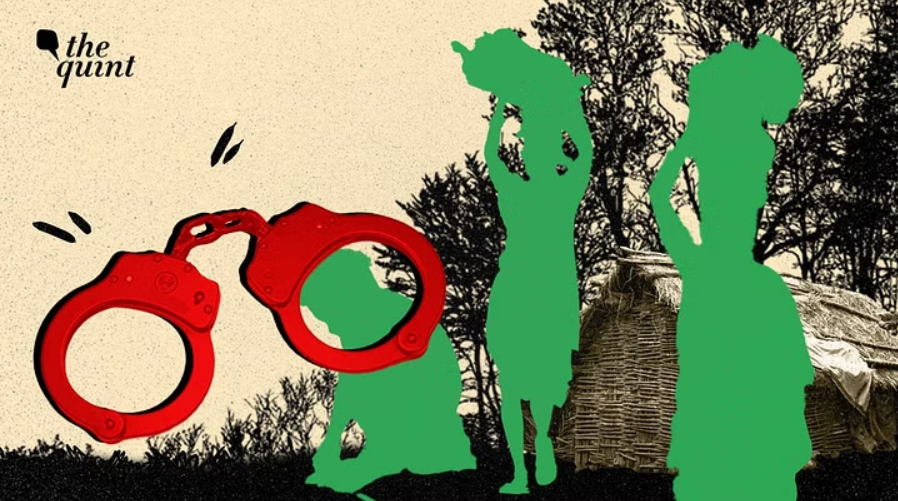
The Wildlife Protection Act & How It Is Used To Criminalise Forest Dwellers
A report by the Criminal Justice and Accountability Project (CPA) highlights how within the offences recorded by the Madhya Pradesh Forest Department between 2011 to 2020, close to 78% of the accused persons belonged to an oppressed caste community. - Rohini Roy for for the Quint

Review: Report On The Working Of Wildlife Protection Act, 1972 By Criminal Justice And Police Accountability Project
The report makes two major revelations: first, the overt criminalization of Adivasis and other forest dwelling communities; and second, the casteist nature of policing that has marked our environmentalism and conservation strategies in national parks. - Surbhi Karwa for Live Law
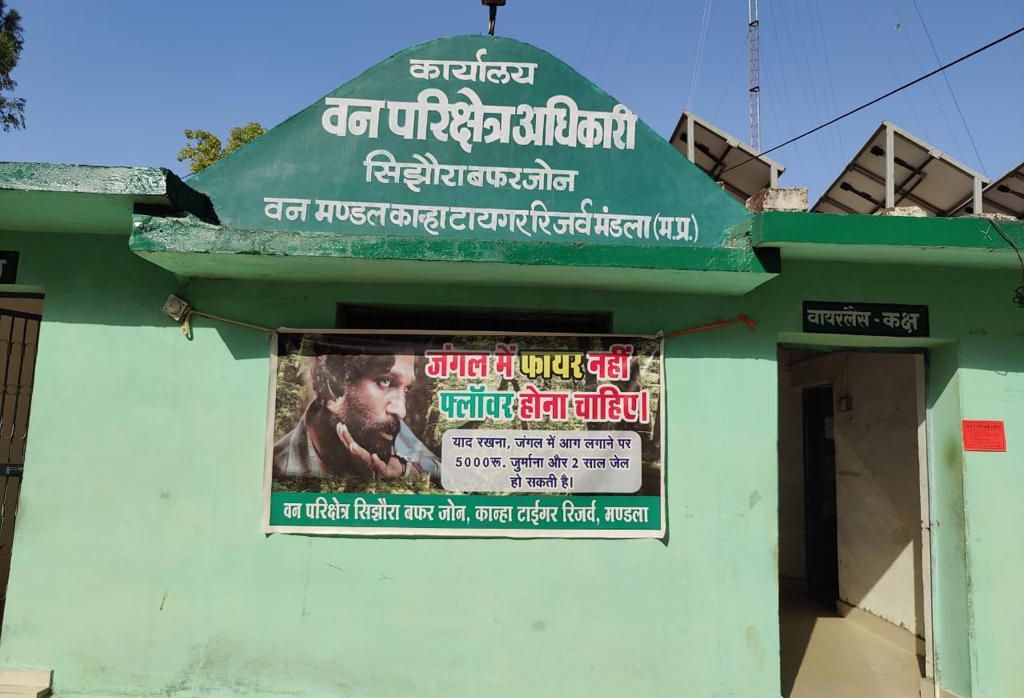
How The Law Criminalises Forest Dwellers In Madhya Pradesh, Makes Them Face Long Trials For Hunting, Collecting Honey
“The police employed the tactic of using other Acts in conjunction with the WPA, which treats offences as bailable,” the report said, “so as to render arrest compulsory.” - Kavitha Iyer for Article 14
Excise Policing

Watch: How the Mahua Flower Shapes The Life And Culture Of Tribal Communities In Madhya Pradesh
This video, produced by the CPA Project, is an attempt to orally document the stories told by the community members themselves in order to capture the essential role Mahua plays in their lives from the times past to present. - Scroll.in covering Mahua and Vimukta Histories
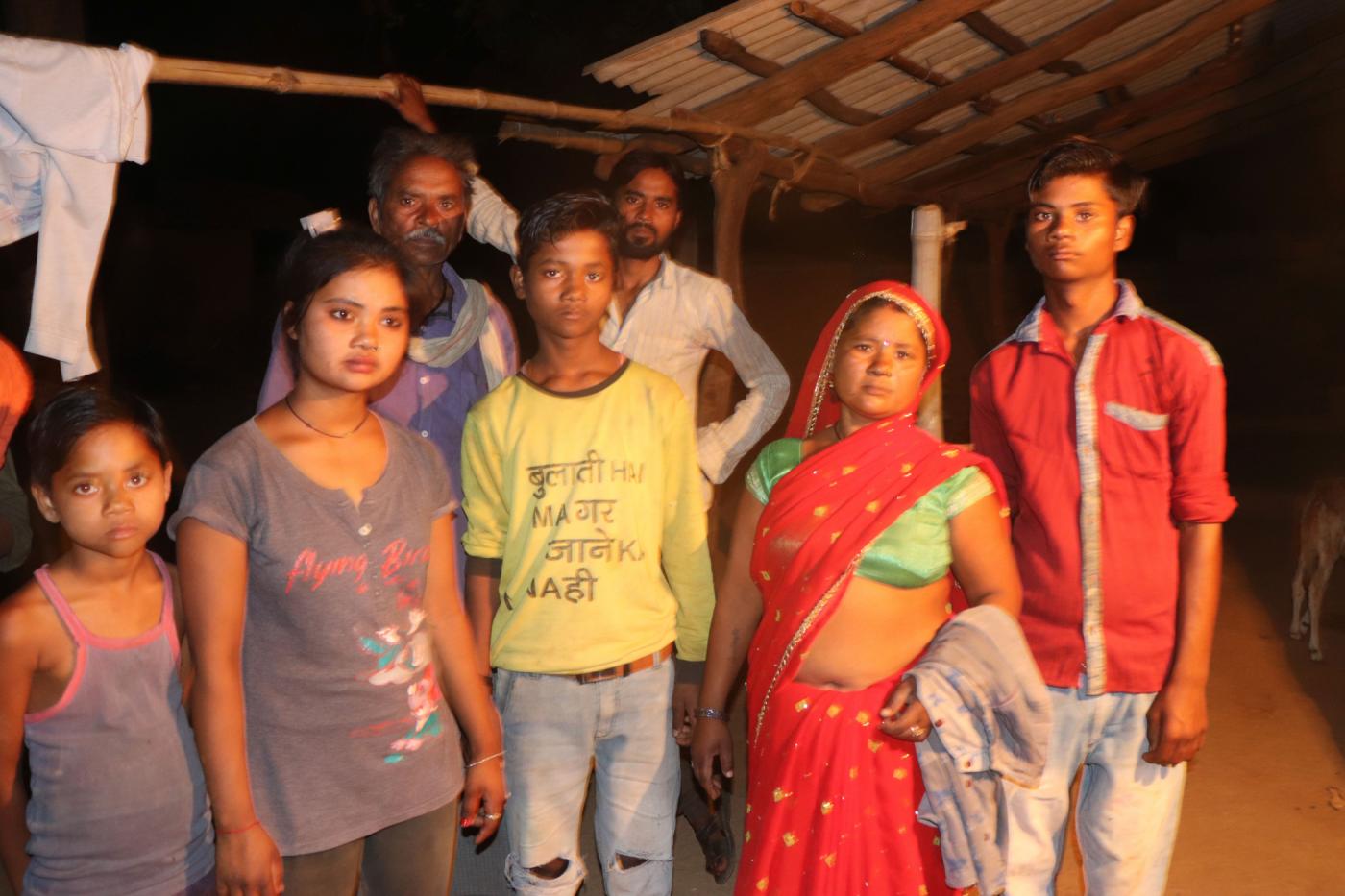
How MP’s New Excise Law Criminalises Traditional Liquor Brewers, Even Contains A Death Sentence
The Criminal Justice and Police Accountability Project (CPA Project), a Bhopal-based research and advocacy group, said in a 2021 report titled ‘Drunk On Power’ that members of the Kuchbandiya community, a vimukta jaati or denotified tribe, are especially targeted for police action in some districts of the state, and women are targeted more frequently than men. - Anil Kumar Tiwari for Article 14

मध्य प्रदेश: विमुक्त समुदायों की मांग, आबकारी क़ानून में हुए संशोधनों पर पुनर्विचार करें मुख्यमंत्री
मध्य प्रदेश के विमुक्त समुदाय के सदस्यों ने मुख्यमंत्री शिवराज सिंह चौहान को एक खुला पत्र लिखकर उन्हें मध्य प्रदेश आबकारी कानून, 1952 में किए गए हाल के संशोधनों पर पुनर्विचार करने को कहा है. इस पत्र का देश भर के 83 कार्यकर्ताओं, वकीलों और शिक्षाविदों ने समर्थन किया है.

आबकारी अधिनियम के नाम पर छोटे समुदायों को किया जा रहा प्रताड़ित
क्रिमिनल जस्टिस एंड पुलिस अकाउंटेबिलिटी प्रोजेक्ट ने मध्य प्रदेश के आबकारी कानून से संबंधित पुलिसिंग पर एक वीडियो ज़ारी किया है। यह वीडियो मध्य प्रदेश के आबकारी अधिनियम और 2021 में उसमे लाए गए संशोधन के बारे में है।

Members of Vimukta Communities Ask MP CM To Reconsider Excise Act Amendments
The letter raises two important issues – first, the amendment increases the severity of certain offences, including making the repeat offence of causing death through spurious liquor punishable by death.
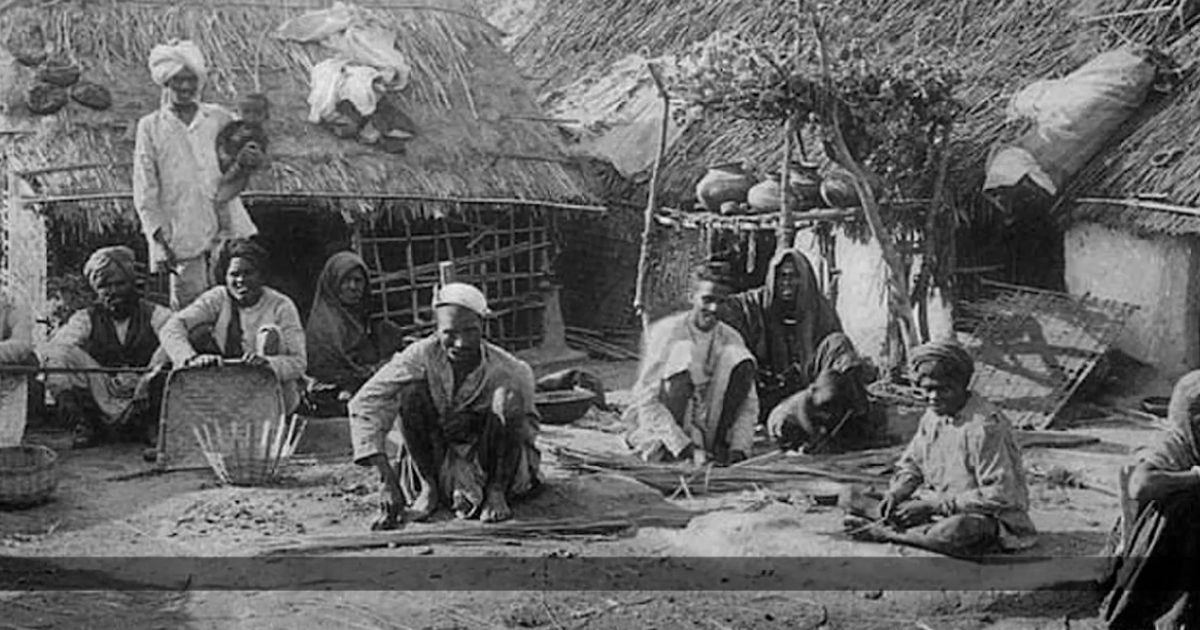
Vimukta Community Demands Parity With STs As MP’s New Excise Law Amendments Permit The Latter To Make And Sell Mahua Liquor
Members of the Vimukta communities have penned down a letter to the Chief Minister, voicing their demand for parity with the Adivasi communities in the issue of mahua liquor under the Act.
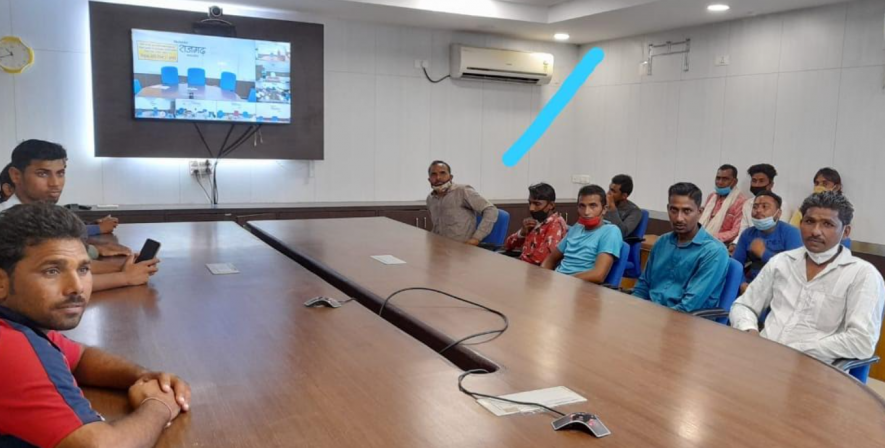
Over 64% Of Accused Under Excise Laws Are SC/ST, Nomadic Tribes In MP: Report
According to a recent study by Bhopal-based Criminal Justice and Police Accountability (CPA) Project, over 64% of cases registered under the Excise Act 1915 between January 1 2018 to December 31, 2020 in three districts -- Bhopal, Jabalpur and Betul -- are against people from Schedule Castes, Schedule Tribes and nomadic and semi-nomadic tribes. - Kashif Kakvi for News Click (Covering Drunk on Power Study)
Pandemic Policing
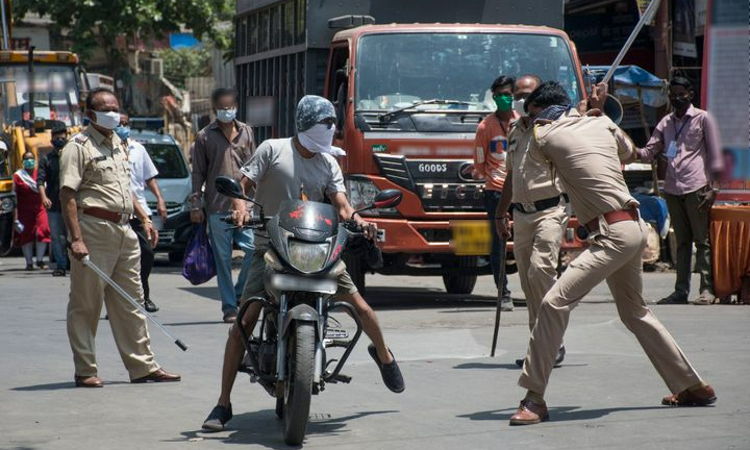
On Policing In Pandemic, Mindless Arrests & Prison Overcrowding : Interview Criminal Justice & Police Accountability Project
Take for instance a term like 'criminal antecedents' or 'nigrani badmash', the term for habitual offenders relating to property-related crimes used in Bhopal, MP. Despite having no legal definition whatsoever this term and reasoning around it is so commonly employed across the board, in the judicial system, by the police, by lawyers and by the judges. - Nikita Sonavane, Ameya Bokil & Srujana Bej on Live Law
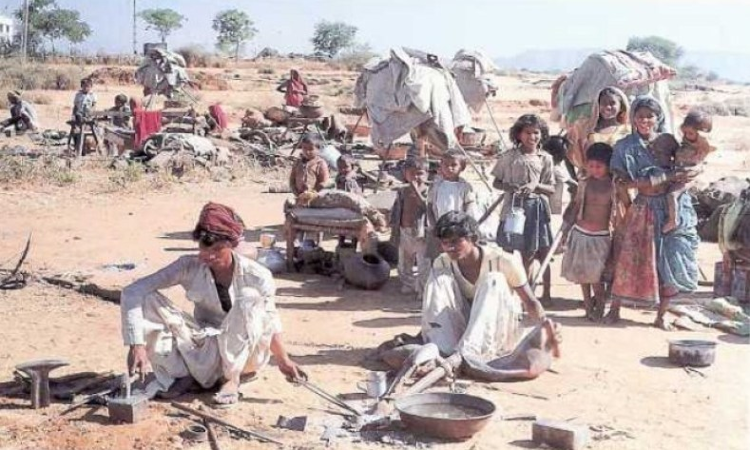
'Excessive Criminalization Has Led To Stigma Of Denotified Tribes': Criminal Justice & Police Accountability Project
The excessive criminalization has led to permanent stigma attached with these communities, leading to denial of employment opportunities. A person would be picked up overnight, spend a night in jail and now will have a criminal record leading to denial of job opportunities. - Nikita Sonavane, Ameya Bokil & Srujana Bej on Live Law

For India's Poor, Lockdown Policing Adds To Pandemic Hardships
It is the uneven enforcement of lockdown rules that has led to the targeting of marginalised communities, tribes and other vulnerable groups, according to a study by the Criminal Justice and Police Accountability Project (CPAProject). - Anuradha Nagaraj & Roli Srivastava for Reuters
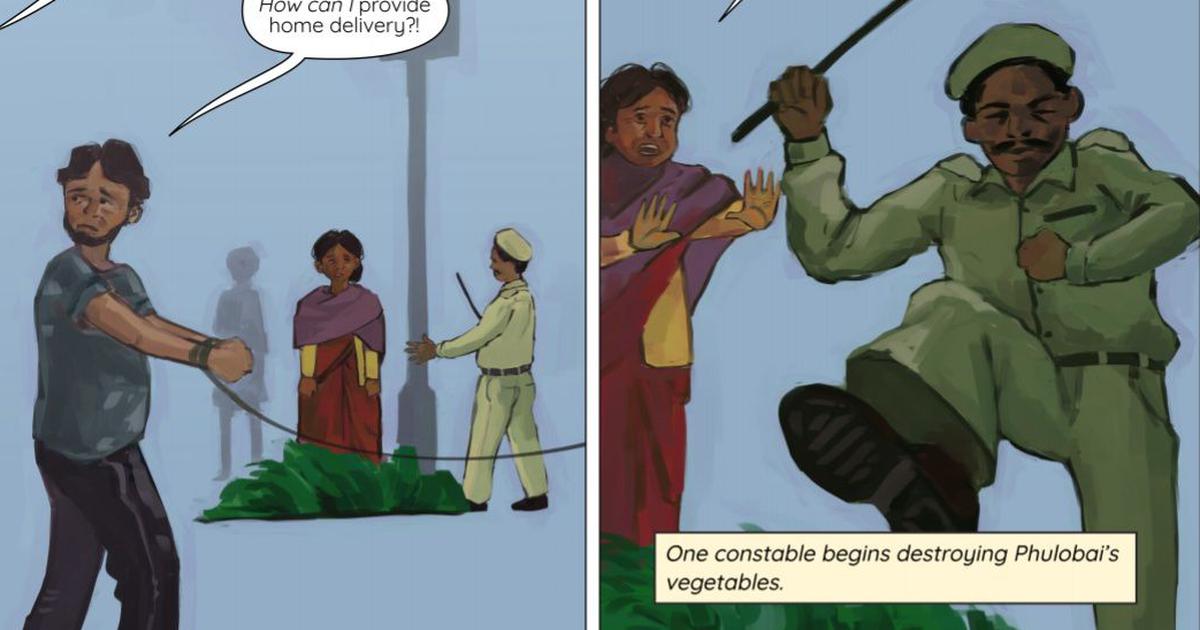
In Comics: How Police Bias Hurt Marginalised Communities During India’s Covid-19 Lockdown
The comic, Policed During Lockdown, draws from some of the FIRs and arrest records analysed in the study as well as news reports to present a fictionalised account that highlights the most egregious and insidious instances of arbitrary police discretion and criminalisation during the pandemic. - Anurag Ekka on Scroll.in (Covering the comics on pandemic policing)
Tech Policing

Police Surveillance Technology In India Reinforces Caste Prejudice
The principle of criminal law is innocent until proven guilty. That principle is already overturned for a lot of these communities because their criminality is presumed. And now that criminality and inequality will be digitally encoded. To put it very simply, it will give rise to this parallel digital caste system. - Nikita Sonavane on Coda
© 2021 – CPA Project. All rights reserved.

